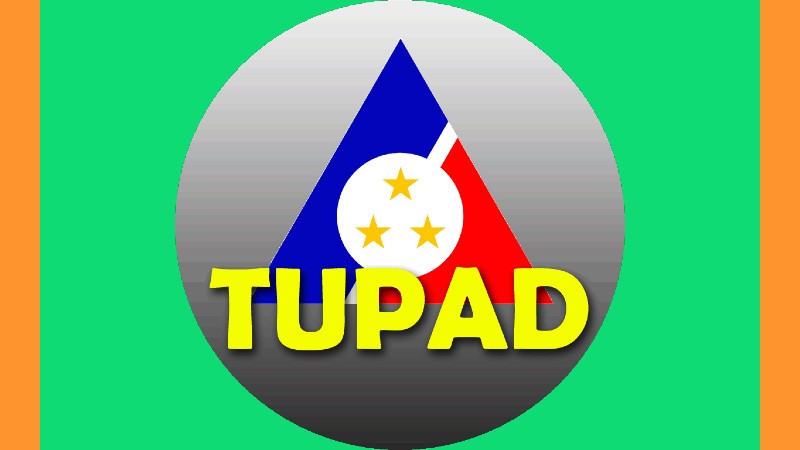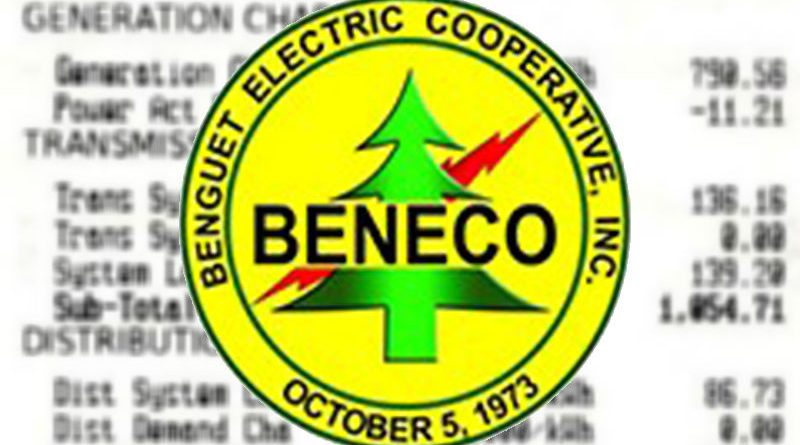BAGUIO CITY – During the 4th quarter meeting of the Economic Development Sectoral Committee (EconSeCom) on December 18 at the RDC Hall, various agencies led by DTI-CAR reported their accomplishments. The EconSeCom chair, DTI-CAR Dir. Myrna Pablo, urged the member agencies to finalize their reports on the Itogon relief effort. Last September, the committee held a series of special meetings in response to the directive of President Duterte for regional line agencies to come up with livelihood and entrepreneurial programs for the victims of super typhoon Ompong.
DTI-CAR, as chair of the committee, conducted an Economic Forum in Itogon on October 24, 2018. Residents of Itogon and different line agencies were consulted. A job caravan was also held where 12 local employers and 3 overseas employers had 1,690 local jobs and 2,280 overseas jobs available, respectively. Out of 212 applicants, 26 were hired on the spot for local jobs. Out of 163, 3 were hired on the spot for overseas jobs. Later, DTI established the Negosyo Center in the Itogon Municipal Hall on December 13 that will serve as a one-stop shop to cater to entrepreneur’s needs in processing and establishing businesses.
More job-generating activities were scheduled by the committee in 2019. Employment assessment and technical and vocational trainings were prepared for funding.
A committee member from the private sector pointed out that there are other municipalities in need of aid other than Itogon. Another member NGO, Action for the Care and Development of the Poor in the Philippines (ACAP), pointed out that Tuba residents, particularly in Camp 4, were also devastated by the super typhoons and the subsequent closure of Kennon Road.
NEDA-CAR cited that in a separate meeting with the DRMMC, the municipalities of Kibungan, Bauko, Tadian, Natonin, and Pasil are some of the worst-hit areas during typhoons Ompong and Rosita. Although government agencies have provided aid in these municipalities, it has not been as comprehensive as in Itogon. Dir. Pablo urged those who want to extend help to these communities may do so through government agencies such as DSWD-CAR.
By Marlo T. Lubguban













